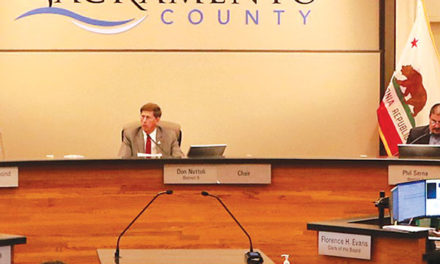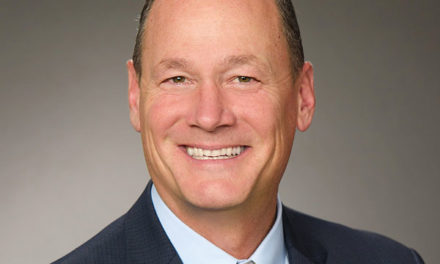Who To Call?
County debates mental health crisis response
By Howard Schmidt
June 2021
The Sacramento County Board of Supervisors is trying to decide whether law enforcement should continue to respond to persons experiencing mental health emergencies or turn the function over to social workers.
Community activists say the change is needed to reduce deadly outcomes. Skeptics think it’s another attempt to defund police agencies.

Currently, 911 calls about someone having a mental breakdown typically trigger a response by sheriff deputies or city police. Activists believe cops are not prepared to deal with such situations. They cite examples of fatal shootings of mentally ill people.
A better option, advocates say, is to create a standalone call center with a special phone number for teams of mobile clinicians to respond in mental health emergencies.
County staff research indicates local police chiefs want to keep 911 as the dispatch system to determine appropriate responses. Supervisor Patrick Kennedy favors separation, but county staff points out 911 dispatch centers consist largely of civilian employees trained in de-escalation techniques to assist callers.
Dispatchers can immediately access criminal histories and determine if a person is a chronic offender. They can evaluate the need for armed response, referral to other services or no response at all.
Supervisor Rich Desmond, a retired CHP officer, says law enforcement is the lead responder to 911 calls. Nevertheless, community listening sessions, board meetings and surveys have revealed opposition to police involvement in mental health emergencies.
Critics say people are afraid to call 911 when a family member or friend is having a mental health crisis. They worry about over-reactions by police.
Besides removing law enforcement from the process, activists want funding for a separate call system to come from the county sheriff’s budget. Kennedy has shown support for that idea.
Desmond points out 911 calls involve different dispatches besides armed response. Many calls are relayed to fire departments or medical emergency responders. But activists are convinced any law enforcement participation poses a danger to the mentally ill.
Desmond disagrees. He says a cop may be needed to secure an area if someone is having a crisis in the middle of a street.
County officials studied three models: establishing a separate call system with a designated number, using existing 911 dispatch centers or stationing clinicians within 911 centers.
A separate 24-hour mental health crisis call center is estimated to cost as much as $5.1 million. Mobile crisis teams could run another $3.8 million, plus $630,000 in startup costs for vehicles, equipment and training.
The eagerness by some board members to create a separate emergency phone number faces an obstacle. Effective July 2022, the Federal 988 Suicide Prevention and Behavioral Health Emergency Response phone number is expected to be operational, posing confusion if another new emergency number exists.
A move from the current 911 system would mean “wholesale change,” Supervisor Phil Serna says. He questioned whether funding a standalone system from the sheriff’s budget might be “punitive.”
Kennedy says, “Part of the funding should come out of the sheriff’s department.” He cites how Sheriff Scott Jones acknowledged removing law enforcement from the response formula would “alleviate workload.”
Serna seems at odds with Kennedy. Typically, Serna is critical of Jones’ management and has bragged about voting against the sheriff’s budget.
The county staff reports on alternatives to 911 notes, “Sufficient time is needed to consider practical, realistic plans for implementation.” Acting County Executive Ann Edwards says staff will deliver a recommendation at the September budget hearing.
Howard Schmidt has worked on the federal, state and local levels of government, including 16 years for Sacramento County. He can be reached at howardschmidt218@aol.com. Follow us on Facebook, Twitter and Instagram: @insidesacramento.















